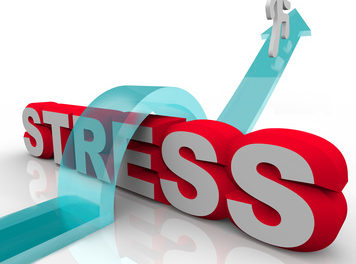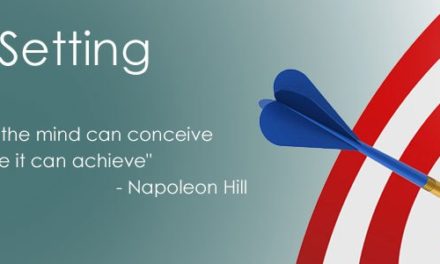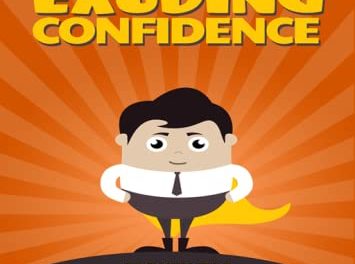There was a time you could think of your career as a series of clean transitions from school to a job to promotions to retirement. Not anymore. Changes in the world economy are altering the way we work. Already more than 30 percent of Canadian employment involves non-traditional forms of work, such as part-time, temporary and contract jobs. And technology is making many of today’s posts obsolete while creating new jobs no-one ever conceived of yet. In a changing world, a transition will become a way of life as people move from school, work and re-training to different kinds of work, and even in and out of retirement.
Stuck in the Neutral Zone?
Are you in a transition of some type? Perhaps you’re about to leave school and enter the working world or possibly you’re considering a career change. Maybe you’ve been downsized out of a job and don’t know where to turn. Or perhaps you have a job but remember you need a change. There’s a transition happening, but you haven’t figured out what you want to do. You’re stuck. William Bridges, in his book “Transitions: Making Sense of Life’s Changes,” calls the Neutral Zone, a seemingly unproductive time when you feel disconnected and emotionally unconnected from people and things in the past and present.
It is not a time for rash actions, no matter how frustrated you feel. Bridges says that most life transitions are a slow process, and you should not stop them through early work. He’s talking about bridge-burning actions such as quitting a job with no plan for anything to take its place or committing yourself in a big way to a career path you haven’t consciously explored and chosen. When stuck in the Neutral Zone, look at your situation and determine your future strategies.
Building Support Systems
You’ve probably experienced many other transitions in your life. For example, you may have dropped out of school and left home, suffered a severe illness, had a divorce, married, become a parent or lost a loved one. How did you deal with those changes? Did you talk to friends, read self-help books, go for walks? Did you develop coping strategies then that could help you with the stress you’re feeling today? Experts in the problems of transition say that people have two kinds of support systems that they should build and nurture to manage through times of change.
The first one is external – people whom you can talk to and trust. These people might include those who recognize and appreciate your skills and those who don’t let you get away with feeling sorry for yourself. Make a list of dependable people. Don’t be afraid to call them when you need their support.
The second support system is internal – you. The messages you give yourself can be your best friend or your worst enemy. If you find yourself thinking: “I can’t, if only, or I’m not young/old/smart enough,” then it’s time to practice turning negative, helpless thoughts into more positive ones.
Identify what you can do instead of dwelling on what isn’t possible. Think about building on your strengths and improving your weaknesses. Focus on the good times, not the bad ones. Transitions are never natural – even the good ones. It’s human nature to resist change and feel stress when the future is uncertain. Many people in development find themselves fearful – of failure, of success, of rejection, of embarrassment. The important thing is to keep moving ahead. As a humorist, Will Rogers once said, “Even if you’re on the right track, you’ll get run over if you just sit there.”.
© Wordscapes® (David Turner). All Rights Reserved.




